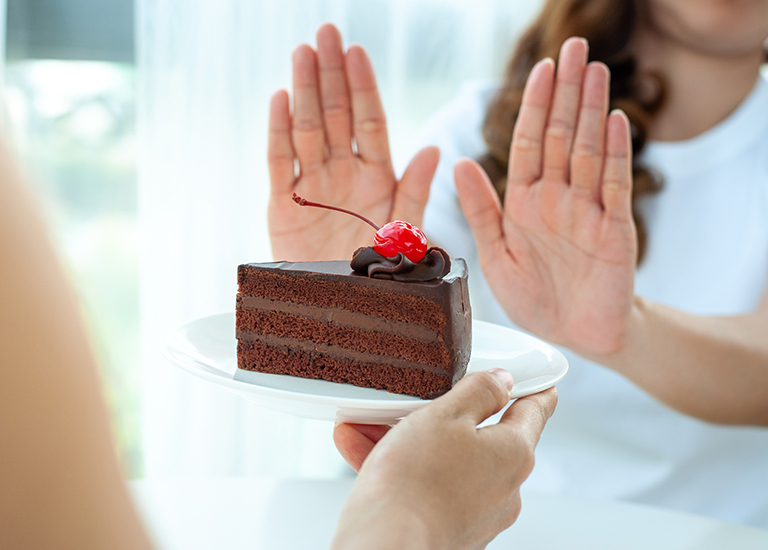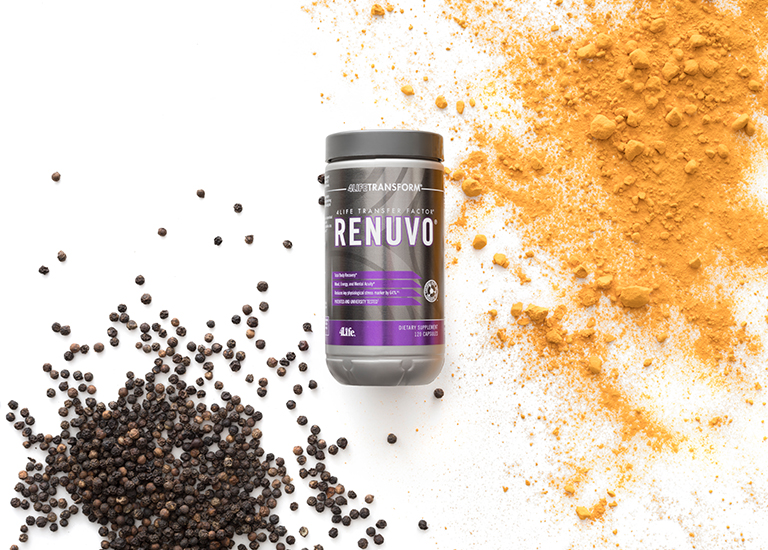Czy chcesz opuścić tę stronę i przejść do części korporacyjnej 4life.com?
Czy chcesz opuścić tę stronę i przejść do części korporacyjnej 4life.com?
Czy chcesz opuścić tę stronę i przejść do części korporacyjnej 4life.com?
Czy chcesz opuścić tę stronę i przejść do części korporacyjnej 4life.com?

Międzynarodowa Organizacja Pracy (International Labour Organisation, ILO) definiuje stres jako fizyczną i emocjonalną reakcję organizmu na szkody spowodowane różnicą pomiędzy postrzeganymi wymaganiami a postrzeganymi zasobami i zdolnościami danej osoby do radzenia sobie z tymi wymaganiami. Stres można też rozumieć jako „przeciążenie organizmu w danym momencie”. To normalne, że w pewnych chwilach czujemy się przeciążeni pracą, problemami finansowymi, chorobą, stratą bliskiej osoby bądź innymi zmartwieniami.
Stres ma wiele podłoży. Najczęstszymi objawami stresu są zdenerwowanie, zaburzenia snu, bóle głowy, zaburzenia pracy układu pokarmowego i trawiennego, napięcie mięśni, skurcze i zaburzenia tętna. Kluczem do sukcesu jest poznanie sposobów radzenia sobie ze stresem.


A simple but fundamental step is identifying what makes us stressed.
For some people it may be arriving late, missing a train or attending a meeting. However, other people suffer with it when they feel they haven't planned enough for an important event, or they think something bad might happen. Different causes require different solutions. If missing a train stresses you, try to get to the station 15 minutes early. If you are stressed about a meeting, spend time preparing the content thoroughly. If you have negative thoughts, use "thought-stopping" techniques.

A healthy, balanced diet which is low in fat and sugar is one of the pillars of our physical and mental health. We should avoid stimulant foods and drinks and reduce our alcohol intake. Light meals aid our digestion and make us feel less "bloated" and more energetic. We should learn to recognise when we have eaten enough and stop. Self-control at mealtimes is a pending issue which we need to address.
Some foods which are good for us during times of stress are:

If we are not in the habit of eating all these foods that will help us to cope with stress, we could supplement our nutritional intake with dietary supplements.
There are many different ways of increasing the amount of physical exercise you do. Such as joining a gym, running several miles, going up and down stairs or cycling to work. Some of these are bound to fit in with our preferences and lifestyle.

What activities relax you and help you to switch off? It may be reading, listening to music, going for a walk in the park or cooking. Each one of us has to find activities that make us feel good and, the hardest part, make time for them.

No matter what type of stress it is (chronic stress, work-related stress or post-traumatic stress) there are tools available to prevent and manage it. Identifying the causes of stress is one of the keys to combatting it.
We have allies at hand to fight stress, such as healthy food, specific dietary supplements, getting enough rest, restorative sleep or physical exercise. Of course, all of this should be reinforced with a positive attitude.
*Plants with substances that regulate bodily functions and strengthen organ systems that are compromised by stress. Definition by SEFIT (Spanish Society of Phytotherapy).
Próbujesz przejrzeć stronę MyShop. Wyloguj się, aby zobaczyć tę stronę.